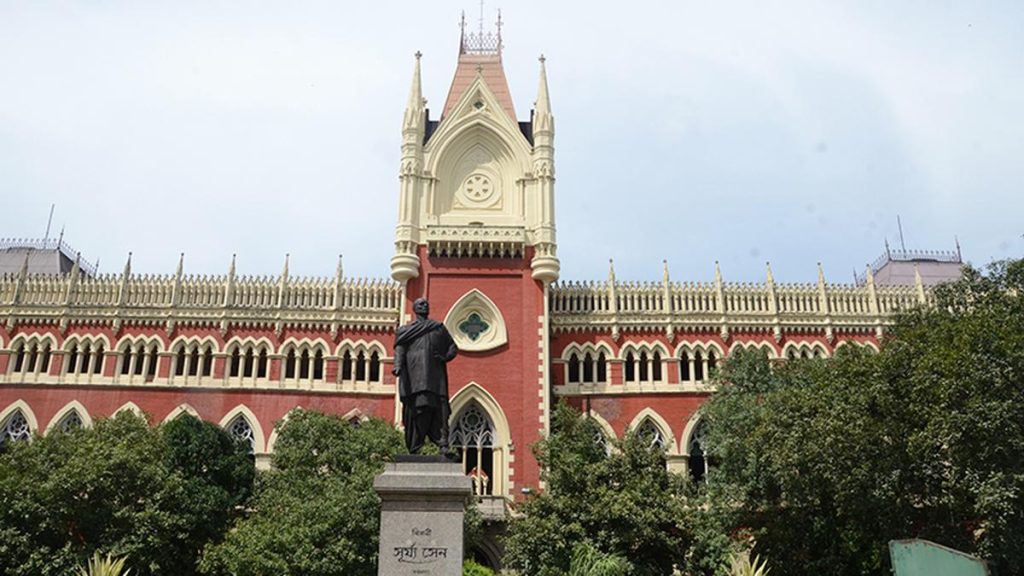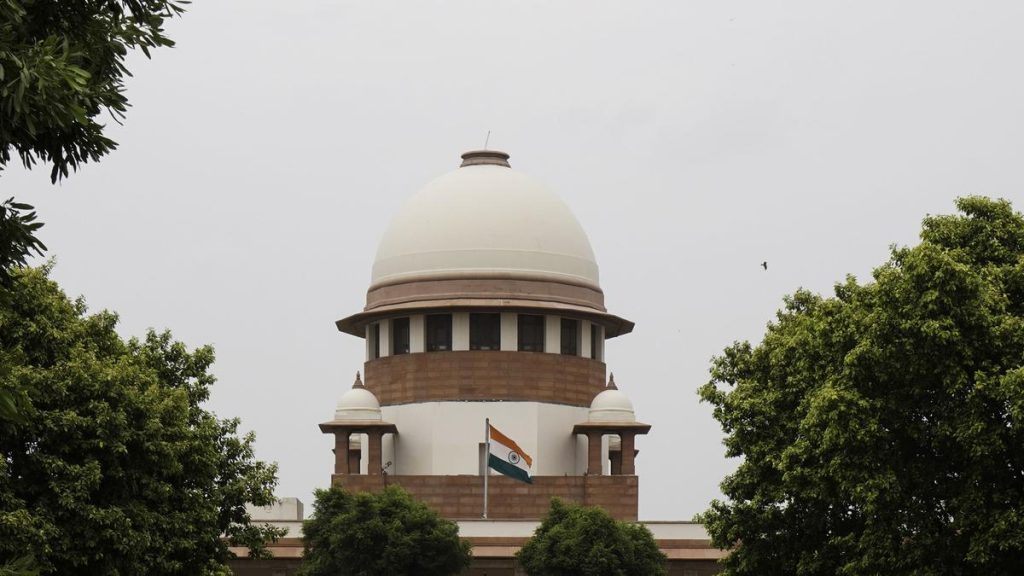Now Reading: Telangana Police Pledge Reforms to Empower Women Officers
-
01
Telangana Police Pledge Reforms to Empower Women Officers
Telangana Police Pledge Reforms to Empower Women Officers

Quick Summary
- Telangana Police organized its first-ever three-day Conference for Women in Police at RBVRR Telangana Police Academy, attended by over 400 women officers and senior officials.
- the conference was inaugurated by Minister Danasari anasuya, referred to as a ‘historic milestone’ for gender-inclusive policing.
- Director Abhilasha Bisht emphasized challenges of working in male-dominated professions, urging participants to use the platform to voice concerns.
- Key themes discussed included gender bias, workplace harassment, infrastructure gaps, work-life balance, and organizational culture.
- Recommendations focused on reforms like gender-sensitive training,improved facilities at police stations,mechanisms against harassment,and pathways to leadership roles in policing.
- Success stories of women police officers were celebrated: induction of 2,338 women constables last year; initiatives like SHE Teams & Bharosa centers; formation of an all-women SWAT team; contributions to UN peacekeeping missions and sports achievements.
- Persistent challenges acknowledged included low representation (8.6% of the State’s force), lack of facilities, heavy workloads; proposed solutions include uniform recruitment targets (33%), regular gender audits & wellness initiatives like crèche facilities.
- Deputy Chief Minister Mallu Bhatti Vikramarka committed government support for translating recommendations into policy during the closing remarks.
Indian Opinion Analysis
The Conference for Women in Police marks a notable step toward addressing systemic issues faced by women officers within law enforcement agencies in India-a traditionally male-dominated domain. With only 8.6% representation within Telangana’s force currently being female personnel , such events not only highlight challenges but actively propose reforms that can lead to tangible changes both institutionally and socially.
The emphasis on infrastructure upgrades (facilities at police stations), tackling harassment through robust mechanisms and encouraging leadership opportunities reflects a well-rounded approach centralizing empowerment as well-recognized priority proving institutional backdrop beyond rhetoric only promises upto final implementing its wider outlines awaited action ahead.The forum demonstrates state-level commitment toward fostering inclusivity also India-wide scalable model possible future perspectives gradual increased participation higher inclusion broader forces eventual friction diminishing structures spanning decades systemic care inequalities workspace inclusivity underrepresented sectors disconnect transitional relief immediate persistance .
To read more: [Link]























